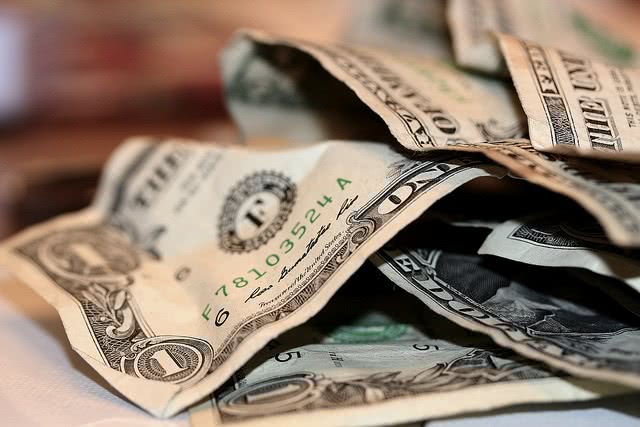
Flickr user Cidnee Snider Re
While going over student loan repayment terms and details, you may have come across the term ‘wage garnishment’ among them. But what exactly is wage garnishment?
What is Wage Garnishment?
Wage garnishment occurs when you’ve taken out a federal student loan and have not begun to pay it back upon gainful employment. When this happens, the federal government may take up to 15% of your disposable income from your paycheck and use that money toward repaying your student loan.
It’s even worse if you haven’t been repaying your private student loans, if you have any. Private lenders may take up to 25% of your disposable income.
How to Avoid It
Typically, borrowers are expected to begin paying back their student loans after the grace period, whether they are employed or not. If you have not begun the repayment process within 270 days of the stated date, the federal government may begin garnishing your wages from your income.
The best way to avoid this is to stay on top of your student loan payments. It does more than just affect your wallet and take-home pay. It may also negatively affect your credit, and that can make things even more difficult later in your life.
Call your lender if you’re having trouble making payments so they can help you come up with a viable solution.





